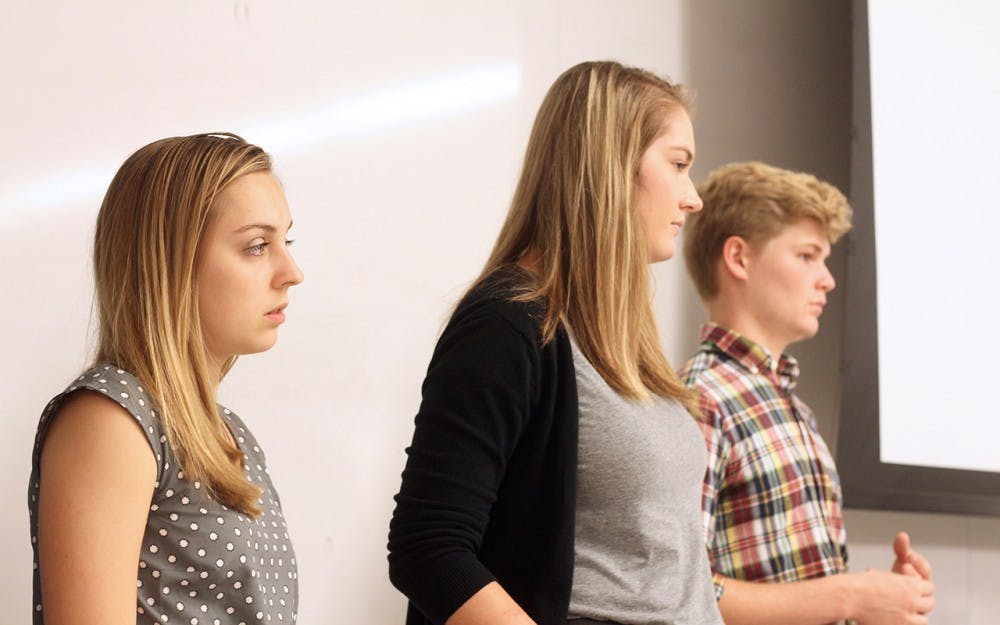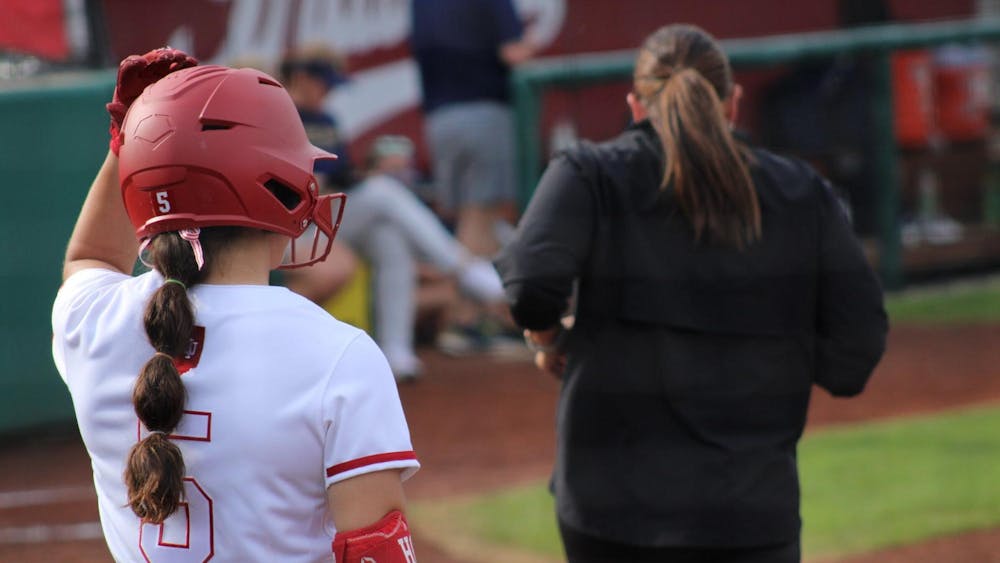To prepare for the 2017 IU Student Association elections, the IUSA election commission is reforming its electoral code to be more transparent, to better educate students running for the executive, and to only allow students to vote for Congress representatives that affect them.
The code has been reformed in the past, but only a few lines at a time, and it’s not always updated to represent current procedures, such as the switch from paper to online voting. By reforming the entire code at once, commission chair Eric Langowski said he thought the commission would become more transparent and hopefully reduce accusations of bias.
“No one’s quite sure how it operates or what it does, they just see the end result,” said Quinn Gordon, a new member of the Election Commission. “We’re trying to become more transparent by publishing everything on our website.”
Transparency has been a major issue for the commission in the past. The commission counts votes and ultimately decides which ticket has won and who will be the new president and vice president of the student body, along with other positions.
For the past two years, the election has been sent to the IUSA Supreme Court, first for allegations of overspending their budget, and the next year for accusations of voter fraud.
Langowski said this naturally invites accusations of bias, but commission members are thoroughly vetted before appointment and are forced to cut ties with anyone currently in IUSA. He also said that any member who was biased couldn’t have much of an impact on the voting since the commission functions through a majority vote on major decisions.
“They would only have a very small influence on any decision,” Langowski said. “Ultimately, we are a group of undergraduate students that aren’t paid. The standard that we can apply will never be perfect, but we certainly try our best.”
One of the most important changes to the code is that students can now only vote for Congress members that affect their school or living situation, such as an off-campus representative or one for the College of Arts and Sciences. Langowski said he hopes this will create a more enthusiastic Congress, as 20 current Congress members have already resigned or been removed for non-attendance.
“If one third of the body quits in the first month of school, I think that is representative of how the electoral process is set up,” Langowski said. “I think those changes will dramatically improve who ends up in Congress and the effectiveness of Congress.”
The Election Commission will be discussing the changes to the electoral code at four open meetings over the next week, to make the revision process more democratic. Any student can attend and give input.
“I’m optimistic that we’ll be able to do it, but it requires a lot of understanding and listening,” Langowski said. “It’s not always the most productive discussion. We’re trying to bring everyone together before that happens this year.”






